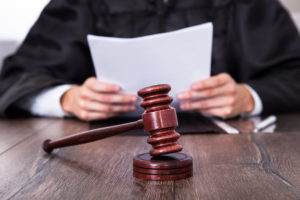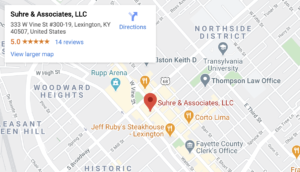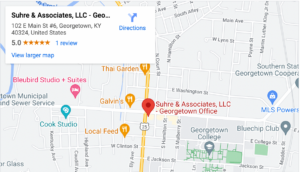
Not all criminal court cases end after jury trials. Instead, most criminal cases are resolved through negotiations with the prosecution for a plea deal.
Our criminal justice system allows defendants to negotiate the terms of a guilty plea to bargain for lesser charges or a lighter sentence. Plea deals are used in misdemeanor and felony cases.
Before you agree to plead guilty as part of a plea bargain, it helps to understand your options. A plea agreement may or may not be in your best interest. A criminal defense lawyer helps you weigh the pros and cons of accepting a plea deal, given the facts of your case.
Table of Contents
What Happens When I Plead Not Guilty to Criminal Charges?

An innocent defendant pleads not guilty to criminal charges. But a defendant can plead not guilty to a criminal offense even if they know they committed it; no law mandates that they plead guilty.
If you plead not guilty, your case proceeds through the criminal justice system toward trial. You are entitled to a jury trial.
However, in certain cases, defendants can decline a jury trial and opt for a trial by a judge. In that case, a judge decides your guilt or innocence instead of a jury.
Unless you change your mind, accept a plea deal, or merely plead guilty, a jury decides guilt or innocence after the trial.
What Happens if I Plead Guilty to Criminal Charges in Lexington?
Generally, a plea deal means you plead guilty to the criminal charges. However, the prosecutor might reduce the charges to a lesser offense in exchange for your guilty plea. By doing so, the punishment for the crime might be less severe.
Even though you are pleading guilty to a lesser charge, you still admit that you committed a crime. When defendants agree to plead guilty, they give up their right to a jury trial. Jury trials in criminal cases are guaranteed by the Sixth Amendment to the U.S. Constitution.
If you plead guilty, you agree to accept full responsibility for your actions and accept the punishment ordered by the judge.
Sentencing bargaining and charge bargaining are between the prosecutor and the defendant. Therefore, the judge is not bound by the agreement, even though most judges agree to the terms of the plea agreement based on the prosecutor’s recommendation.
What Is the Difference Between a Guilty Plea and a Plea of No-Contest?
The prosecutor might agree to allow you to enter a no-contest plea as part of the plea deal. When you enter a plea of no-contest, you are not admitting you committed the crime. However, you also do not say anything to defend yourself against the criminal charges.
Even though you do not admit you committed the crime, you agree to accept the punishment by the court. For sentencing purposes, it is as if the defendant pleads guilty.
You might choose to enter a plea of no-contest because you want to avoid liability for a civil lawsuit. For example, you do not want to plead guilty to a DUI charge because there is a chance that you could be sued because you caused a drunk driving accident.
Another reason to plead no contest is that you do not remember committing the crime. For example, you could have been impaired by drugs or alcohol or have a mental condition that prevents you from recalling the event clearly enough to say you committed the crime.
Do I Have a Chance to Enter a Plea Deal in My Criminal Case?
Almost 90% of criminal cases end in a plea bargain. So, there is a good chance you’ll be able to negotiate a plea agreement with the prosecution. However, the prosecutor is not required to accept a plea agreement from a defendant.
Plea deals can be entered at any stage of the criminal case up until the jury renders a verdict after a trial. Most plea agreements happen before a trial, but after both sides have the opportunity to review the evidence in the case.
Under Kentucky Revised Statute §27A.420, a defendant is sentenced at a level related to their plea deal. Therefore, the full terms of the plea deal must be disclosed to the court. That includes the original charges against the defendant and the negotiated charges the defendant agrees to plead guilty to in court.
Furthermore, information about the potential prison or jail time and fines for a conviction of the charged offenses are disclosed in court. The judge then has a complete understanding of the original charges and the terms of the plea deal before imposing a sentence.
Schedule a Free Consultation With Our Lexington Criminal Defense Lawyer
Contact our law firm to schedule a confidential, free consultation with an experienced Lexington criminal defense attorney.
You need someone on your side fighting to protect your right to a fair and just outcome in your criminal case. It is essential that you understand your legal rights and the potential consequences of a plea deal before you accept plea bargains from the prosecution.


